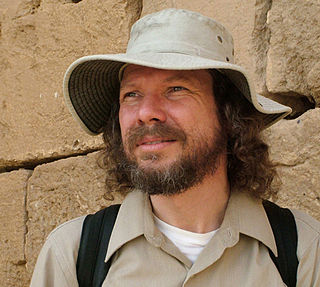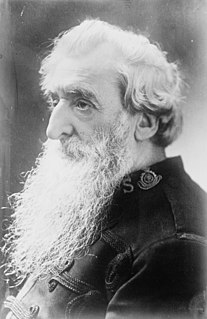A Quote by Walter Pater
No account of the Renaissance can be complete without some notice of the attempt made by certain Italian scholars of the fifteenth century to reconcile Christianity with the religion of ancient Greece.
Related Quotes
I have been interested in the 12th century since my 20s when it was very fashionable to say of anybody with whom you disagreed, which was basically anybody over the age of 30, "One of the great minds of the 12th century", and one day I thought, "I don't know anything about the 12 century." So I started buying books, reading about it, and I discovered it was a period of great flowering, it was a Renaissance before what we think is the Renaissance, the Italian Renaissance of the 16th century.
Sometimes people have said that Islam, in its own calendar, is still only in the Middle Ages. It's still in the fifteenth century or whatever. And Christianity in the fifteenth century, after all, was full of inquisitions and burnings at the stake, and so on and so on. So give Islam time, and it will reach the point of maturity that other religions have. But Mormonism is much younger than Islam, and it's got there already. So I don't think that's an argument that works.
Well-referenced, with numerous quotations from renowned Egyptologists and classical scholars, Acharya's penetrating research clearly lays out the very ancient pre-Christian basis of modern Christianity. Those who espouse Christianity beware! After digesting the evidence, you will never again view your religion in the same light.
Everywhere the tendency has been to separate religion from morality, to set them in opposition even. But a religion without morality is a superstition and a curse; and anything like an adequate and complete morality without religion is impossible. The only salvation for man is in the union of the two as Christianity unites them.
In the Christian world, as you remember, Christianity is in the 21st century, Islam is in the 15th century. I don't mean to say that Islam is backward; I mean to say that there are certain experiences that it hasn't gone through. Christianity had the great religious wars of the 17th century. Islam, fortunately for the Muslims, did not have that. Christianity worked out a system of toleration. Islam was always more tolerant of Christendom.
Since religion intrinsically rejects empirical methods, there should never be any attempt to reconcile scientific theories with religion. An infinitely old universe, always evolving, may not be compatible with the Book of Genesis. However, religions such as Buddhism get along without having any explicit creation mythology and are in no way contradicted by a universe without a beginning or end. Creatio ex nihilo, even as religious doctrine, only dates to around AD 200. The key is not to confuse myth and empirical results, or religion and science.
Christians have always tended to transform the Christian Revelation into a Christian religion. Christianity is said to be a religion like any other or, conversely, some Christians try to show that it is a better religion than the others. People attempt to take possession of God. Theology claims to explain everything, including the being of God. People tend to transform Christianity into a religion because the Christian faith obviously places people in an extremely uncomfortable position that of freedom guided only by love and all in the context of God's radical demand that we be holy.
Leonardo da Vinci did not take received wisdom - whether from ancient classical thinkers or medieval scholars or from the Bible - without questioning it. And this was the beginning of the scientific method. This is another lesson for our time: that when we have evidence that contradicts a certain belief, we should be willing to change it. I think this made Leonardo, in some ways, a person who better understood the beauty of God's creation than a person who just takes all received wisdom from the Bible on faith.
The idea that Christianity is basically a religion of moral improvement... has its roots in the liberal Protestantism of the late nineteenth century and early twentieth century... It is this stereotype which continues to have influence today... But then came the First World War... What had gone wrong was that the idea of sin had been abandoned by liberal Christianity as some kind of unnecessary hangover from an earlier and less enlightened period in Christian history.
If one takes full account of the persecution of heretics, the frequency and savagery of the religious wars which Christianity had endangered, the harm caused, especially to children, by the pernicious doctrine of original sin, a case could be made for saying that the world would have been better off without Christianity.



































